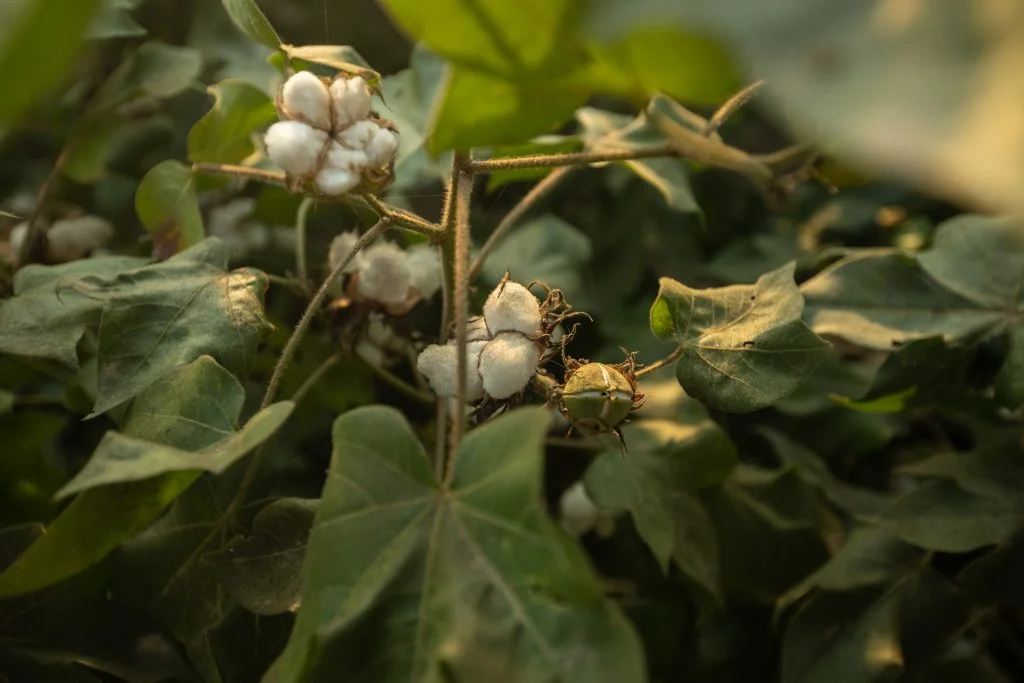
Better Cotton has submitted feedback on the European Union’s proposal for a Directive on the Substantiation and Communication of Explicit Environmental Claims (Green Claims Directive) and called for clarity on its remit amongst a suite of new laws.
The proposed directive, published in March, sets out common criteria by which companies would be required to substantiate environmental claims. Products and services must, under this law, be accompanied by accurate and verifiable information on their sustainability credentials.
The EU has introduced a suite of legislative proposals to address the adverse impacts of the textile industry. Amongst other things, they have been designed to safeguard both consumers and businesses against misleading practices, described as ‘greenwashing’. A rise in greenwashing has caused uncertainty in society about the authenticity of company sustainability claims, hindering a consumer’s ability to make informed purchasing decisions.
Better Cotton welcomes the EU’s proposed directive, believing that there is a strong need for clear guidance on how claims are communicated to standardise industry practice and put an end to greenwashing.
One of the pillars of the Better Cotton Standard System is its Claims Framework, which was created through a multi-stakeholder consultation process and is subject to an annual review.
Through its Claims Framework, Better Cotton supports eligible members to communicate their commitment to Better Cotton in an accurate and credible way.
The opportunity for Better Cotton Members to communicate their investment in Better Cotton to consumers strengthens their commitment to the organisation’s farm-level programmes which seek social, environmental and economic improvements for cotton farmers and farming communities.
It is because of the multifaceted nature of Better Cotton’s operations that the organisation is supportive of the EU’s decision not to limit claim substantiation to just one standard methodology, such as the Product Environmental Footprint (PEF) or Life Cycle Assessment (LCA).
Whilst such a mechanism is effective, it would fail to encompass all of the complex, interconnected aspects of cotton production, therefore jeopardising a company’s ability to make claims about its commitment to more sustainable cotton.
Flexibility will be instrumental to ensuring substantiation methods are adapted to the wide array of impact categories and practices covered by schemes, and the variability in operating contexts found across sectors and materials. Maintaining flexibility is the only way to favour a just transition across the world and enhance sustainable livelihoods.
The role of the Green Claims Directive in relation to likeminded legislation is also addressed in Better Cotton’s feedback. Specifically, the organisation has called for clarity and alignment on the purpose of the directive comparative to the proposal for the Directive on Empowering Consumers for the Green Transition (Empowering Consumers Directive), which was introduced in March 2022.
For example, it is currently unclear whether sustainability labels, in addition to environmental labels, would need to comply only with the Empowering Consumers Directive, or whether these would be covered under the Green Claims Directive.
Better Cotton welcomes the EU’s leadership in driving efforts to standardise requirements on sustainability communications and is open to supporting authorities as they refine proposed legislation following their request for input.







































